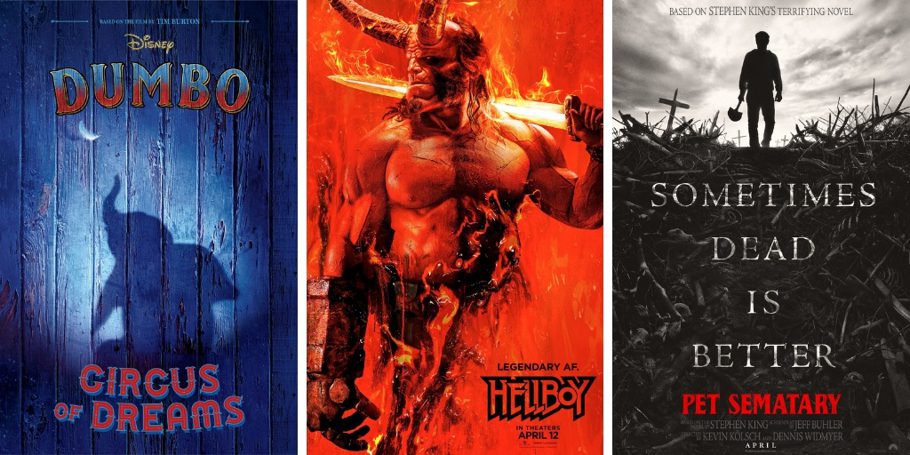In today’s modern media, we are experiencing a woeful crisis in the imagination department. Entertainment producers, Hollywood especially, have forgone individuality in favor of creating a product that appeals to the masses.
This might appear to be a sound business strategy, but in reality it is no such thing. People often think they know what they want, but sometimes it takes the keen eye of a visionary to show the public what they’re missing.
Renowned series like “Star Wars” or “Hunger Games” wouldn’t have been made if their original creators’ primary concern was how their big new idea would be received publicly. Instead, our modern world is filled with remakes, sequels, and rehashes.
And while that may be reason enough for some of us to get out our pitchforks and torches in mock protest, there is something far worse than simply making another entry in a dormant franchise: doing so without understanding what made the franchise a landmark of the industry in the first place. It’s a trend that feels as though it’s growing worse by the day.
Now, no big shot in their penthouse jacuzzi is going to be scrolling down on Twitter one day, and become suddenly aghast that fans of the franchise they’re spearheading are upset with the direction being taken.
The idea of making a thousand sequels to a beloved franchise is nothing new. “Friday the 13th” boasts eleven entries, and most of those arrived in what is today considered the ‘good old days’. And while those were still shameless cash grabs, they at least attempted to harness the energy of what made its series so iconic in the first place.
Today, on the other hand, we have studios eager to not only cash in on that sweet nostalgia dollar, but also twist that beloved intellectual property into something completely different from before.
Normally, I would have to reach back and consider properties to pull up to support my case, but there’s no shortage of examples that spring to mind. There’s “Terminator: Dark Fate,” “Halloween,” the “GhostBusters” reboot, “MacGyver,” and the “Halo” franchise, among others; all examples of an industry desperate to cling to what they know people like, while also trying to stay relevant in a world that’s impossible to please.
What producers need to accept and understand is that sometimes a franchise simply dies. There’s nothing wrong with having an ending, a final swan song that puts whatever beloved property involved to bed.
One notorious example of this is the “Harry Potter” franchise. Even now, fans of the series will go back to enjoy the books, movies, and LEGO-themed video games. But that’s gotten a bit harder to appreciate recently thanks to the author, JK Rowling, and her rather interesting take on her own beloved characters.
Apparently, compelled by some dark force, she has felt the need to bring to light bonus facts that never came up in any of her published works: titillating details such as Dumbledore’s sex life, the fact that wizards frequently crapped on the floor and used their magic to whisk the poop away, and Hermione’s true race, specifics that the fans didn’t really ask for, and likely don’t feel much better knowing after the fact.
To be fair, the world of re-imagining isn’t all just darkness and storm clouds. Movies like “Mad Max: Fury Road” and “Blade Runner 2049” show that it is possible to do justice to a property even after much time has passed. But the question must be asked, when is it worth the risk? Would you rather have a perfect end to your series, or risk the large possibility of it being an insult to the original? It all reminds me of a quote from one of Stephen King’s most famous and recently revived franchises, “Pet Sematary”: “Sometimes dead is better.”
For comments/questions about this story, email [email protected] or tweet @TheWhitOnline.
























































































































































!["Working with [Dr. Lynch] is always a learning experience for me. She is a treasure,” said Thomas. - Staff Writer / Kacie Scibilia](https://thewhitonline.com/wp-content/uploads/2025/04/choir-1-1200x694.jpg)









































